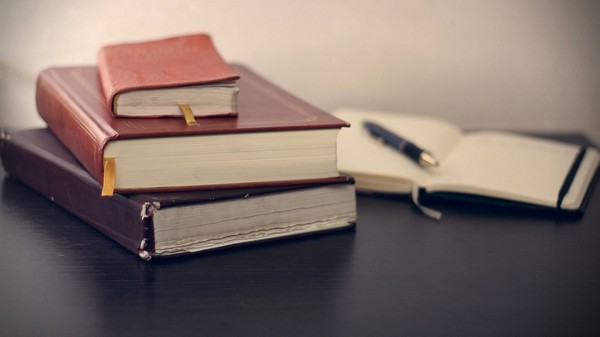US District Judge Beryl A. Howell, in a recent ruling, determined that artworks generated by artificial intelligence (AI) are ineligible for copyright protection. The decision, prompted by Stephen Thaler’s bid to challenge the government’s denial of registering AI-created works, underscores that copyright law was not designed to encompass nonhuman entities.
Judge Howell’s verdict, as reported by the Hollywood Reporter, highlights the boundaries of copyright law, asserting that it has never extended to safeguard creations born solely from technology devoid of human influence. She stressed that copyright protection is explicitly designated for human-originated works and remains adaptable to evolving technological contexts. Judge Howell affirmed the established understanding that human ingenuity is the core of copyright eligibility, even as it adopts novel tools and mediums.
Stephen Thaler’s attempt to register AI-generated art under “work-for-hire” status, naming both the AI and himself, had been repeatedly rejected. Contesting this refusal, he sued the government, alleging arbitrary denial. However, Judge Howell’s ruling firmly upheld the requirement of human involvement for copyright consideration. She explained that copyright law’s essence lies in encouraging human creative engagement.
Furthermore, Judge Howell explained that copyrights and patents were conceived as forms of government-protected property, fostering public welfare by motivating individual creativity and innovation. She emphasized that promoting human creation was foundational to American copyright since its inception.
The verdict explicitly affirmed that copyright law’s scope doesn’t encompass nonhuman entities.
This ruling arrives amid ongoing legal debates about AI companies utilizing copyrighted materials to train their systems. Artists and writers have filed lawsuits in California federal court, asserting infringement claims against these companies, which could impact the future of expansive language models.
In March, the government confirmed that most AI-generated works lack copyright protection, clarifying that AI-assisted creations could qualify if human involvement played a “sufficiently creative” role in selection or arrangement. Applications for copyright could be supported if humans curated AI-generated content in ways that yield original authorship.

